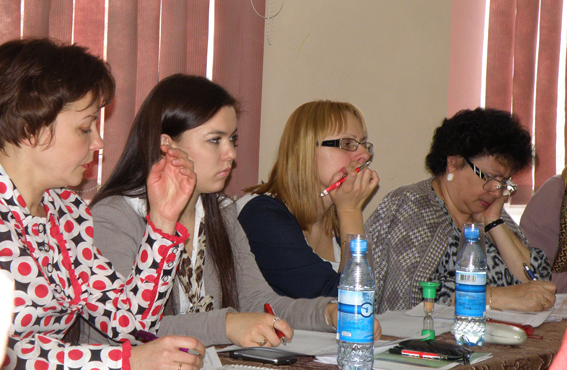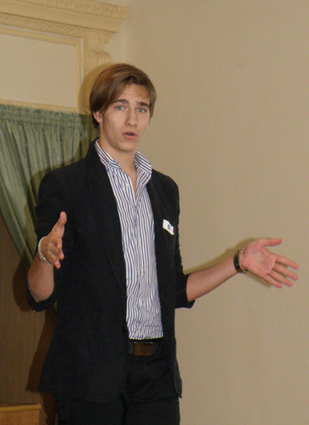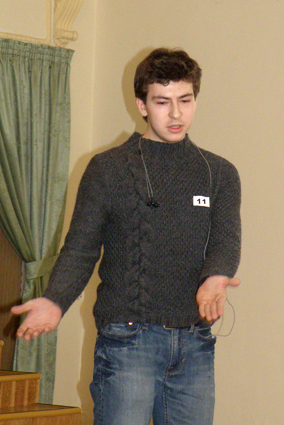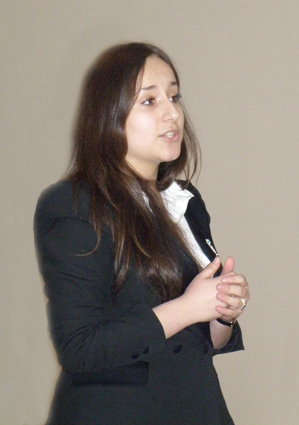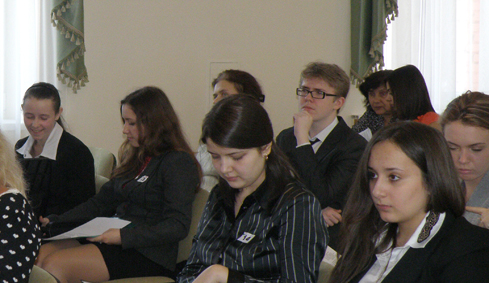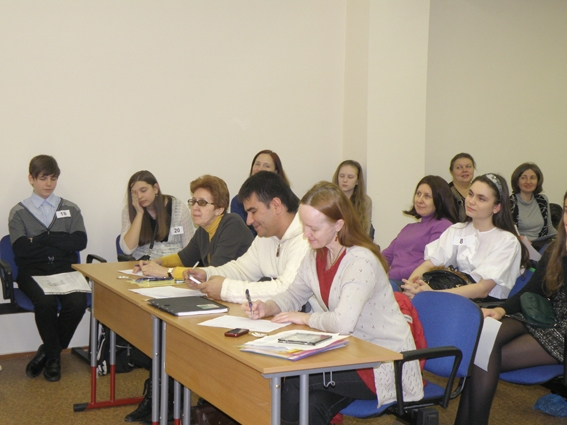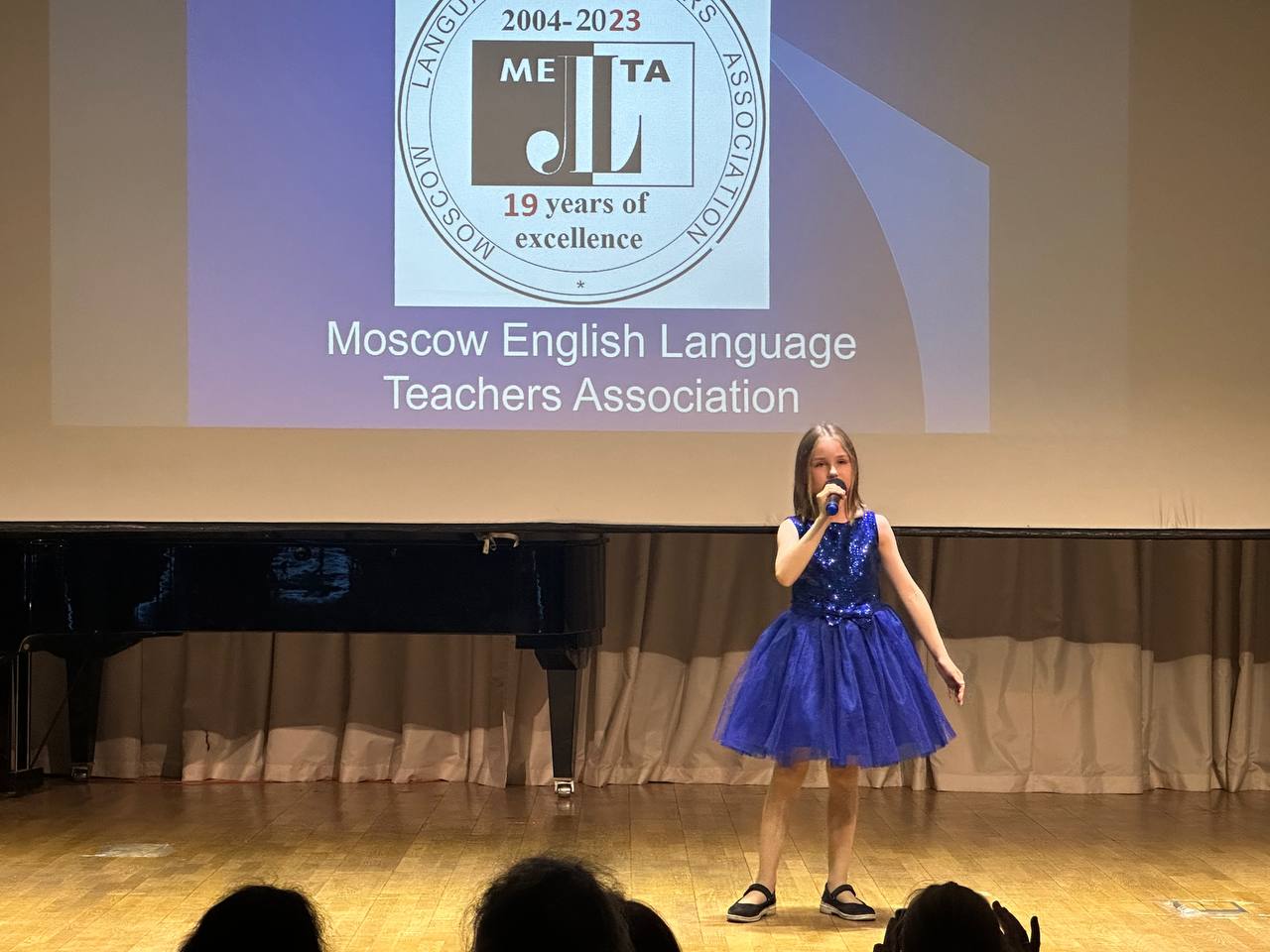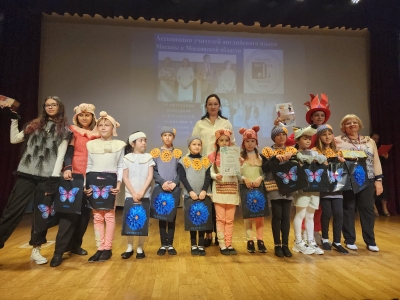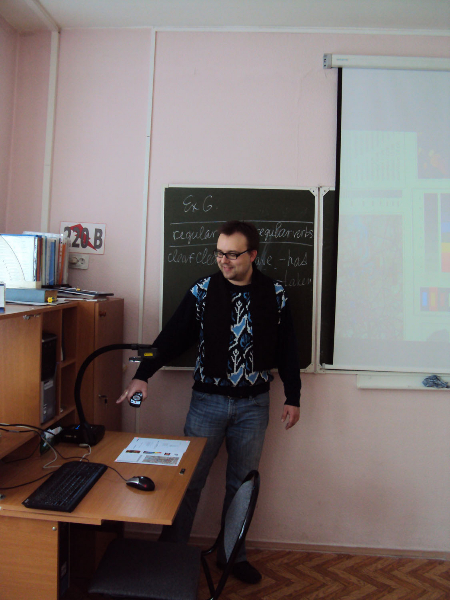Июн
5
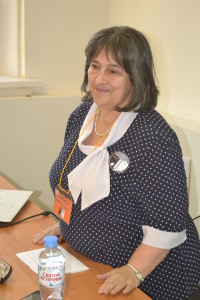 Poetry… Verse… Rhyme… It takes some time to recollect what it all means, if anything at all. True, in today’s busy and matter-of-fact world hardly can people easily concentrate on these weird and odd things! And should we? Would it really matter if POETRY deteriorated or vanished? Would our life change? The material one will definitely not. But what about our souls? No doubt, spiritually and emotionally we might become poorer, just a little deformed. Many people are intimidated by the mention of the word “poetry.” It is often perceived as something that is cryptic and beyond understanding.
Poetry… Verse… Rhyme… It takes some time to recollect what it all means, if anything at all. True, in today’s busy and matter-of-fact world hardly can people easily concentrate on these weird and odd things! And should we? Would it really matter if POETRY deteriorated or vanished? Would our life change? The material one will definitely not. But what about our souls? No doubt, spiritually and emotionally we might become poorer, just a little deformed. Many people are intimidated by the mention of the word “poetry.” It is often perceived as something that is cryptic and beyond understanding.
There are as many definitions of poetry as there are poets. Wordsworth defined poetry as «the spontaneous overflow of powerful feelings;» Emily Dickinson said, «If I read a book and it makes my body so cold no fire ever can warm me, I know that is poetry;» and Dylan Thomas defined poetry this way: «Poetry is what makes me laugh or cry or yawn, what makes my toenails twinkle, what makes me want to do this or that or nothing.»
Poetry is a lot of things to a lot of people. Homer's epic, The Odyssey, described the wanderings of the adventurer, Odysseus, and has been called the greatest story ever told. During the English Renaissance, dramatic poets like John Milton, Christopher Marlowe, and of course, Shakespeare gave us enough to fill textbooks, lecture halls, and universities. Poems from the romantic period include Goethe's Faust (1808), Coleridge's «Kubla Khan» and John Keats' «Ode on a Grecian Urn.»
Shall I go on? Because in order to do so, I would have to continue through 19th century Japanese poetry, early Americans that include Emily Dickinson and T.S. Eliot, postmodernism, experimentalists, slam...
Perhaps the characteristic most central to the definition of poetry is its unwillingness to be defined, labeled, or nailed down. But let's not let that stop us, shall we? It's about time someone wrestled poetry to the ground and slapped a sign on its back reading, «I'm poetry. Kick me here.»
Poetry is the chiseled marble of language; it's a paint-spattered canvas — but the poet uses words instead of paint, and the canvas is you. Poetic definitions of poetry kind of spiral in on themselves, however, like a dog eating itself from the tail up. Let's get nitty. Let's, in fact, get gritty. I believe we can render an accessible definition of poetry by simply looking at its form and its purpose.
One of the most definable characteristics of the poetic form is economy of language. Carefully selecting words for conciseness and clarity is standard, even for writers of prose, but poets go well beyond this, considering a word's emotive qualities, its musical value, its spacing, and yes, even its spacial relationship to the page. The poet, through innovation in both word choice and form, seemingly rends significance from thin air.
…Poetry, unlike prose, often has an underlying and over-arching purpose that goes beyond the literal. Poetry is evocative. It typically evokes in the reader an intense emotion: joy, sorrow, anger, catharsis, love... Alternatively, poetry has the ability to surprise the reader with an Ah Ha! Experience — revelation, insight, further understanding of elemental truth and beauty. Like Keats said:
«Beauty is truth. Truth, beauty.
That is all ye know on Earth and all ye need to know.»
…Defining poetry is like grasping at the wind — once you catch it, it's no longer wind…
So what is poetry? Poetry is an art. Its medium is words.
POETRY – a type of writing that has rhyme, meter, imagery, condensed language& formal layout.
“…Do we really need poetry, or, for that matter, any of the arts? They may be desirable or even excellent, but are they of any practical use? Would it really matter if they did not exist?
The answer seems to be that man is an artistic animal, and as long as man exists so some form of art will exist. The human being must express his ideas and yearnings in some form of activity. The arts satisfy man’s emotional needs and his desire for beauty in all manifestations.
To return to poetry, we have to admit that when we wish to express some precious, tender emotion we instinctively turn to poetry. ... We recognize that it is the best way to express the best that is within us.”
To conclude, my favourite quote from my favourite movie “Dead Poets Society”.
«No matter what anybody tells you, words and ideas can change the world.»
«We don't read and write poetry because it's cute. We read and write poetry because we are members of the human race. And the human race is filled with passion. And medicine, law, business, engineering, these are noble pursuits and necessary to sustain life. But poetry, beauty, romance, love, these are what we stay alive for.»
«To quote from Whitman, 'O me! O life!.. of the questions of these recurring; of the endless trains of the faithless... of cities filled with the foolish; what good amid these, O me, O life?' Answer. That you are here — that life exists, and identity; that the powerful play goes on and you may contribute a verse. That the powerful play goes on and you may contribute a verse. What will your verse be?»
